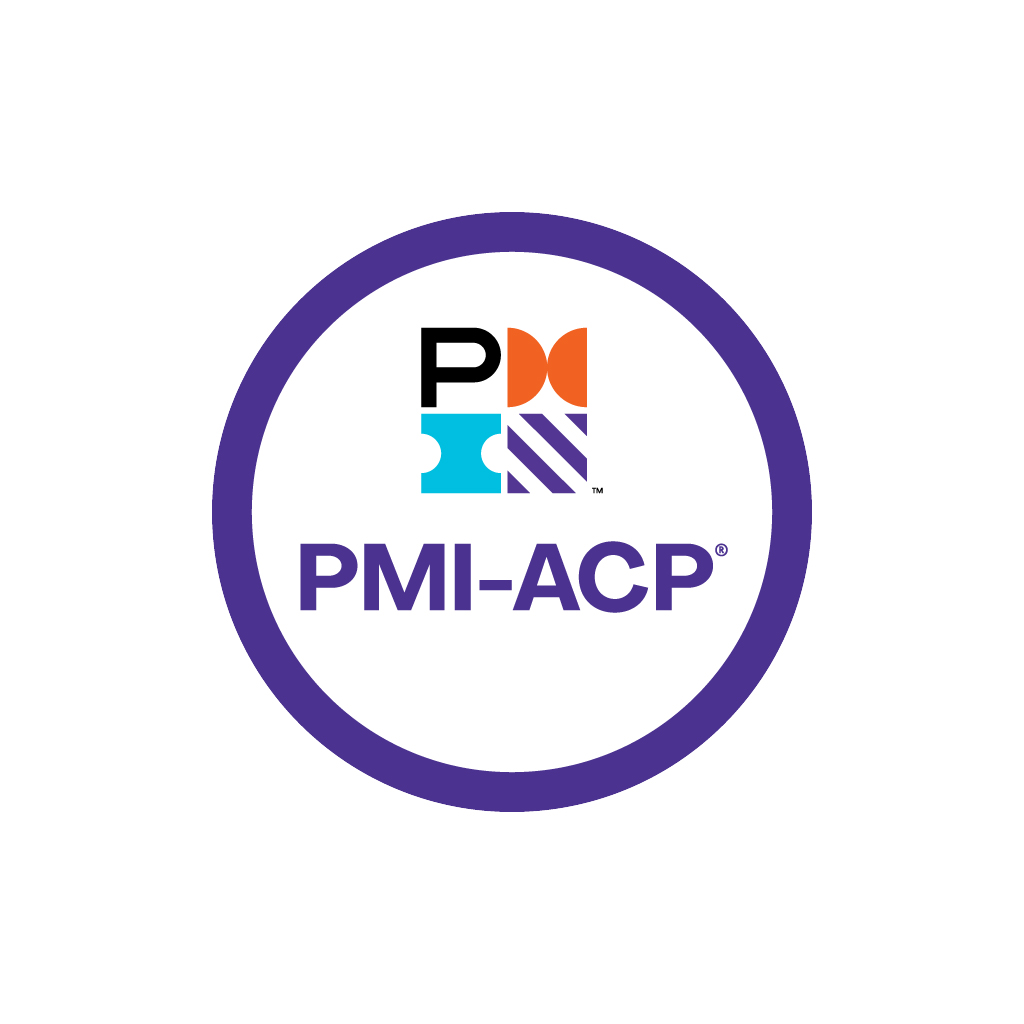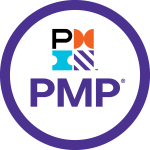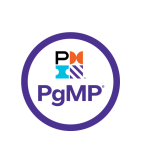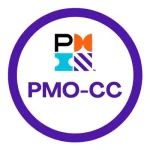Overview:
The PMI Agile Certified Practitioner (PMI-ACP)® certification is an internationally recognized certification from the Project Management Institute (PMI) focusing on agile and flexible methodologies in project management. The certification aims to provide a comprehensive framework that certified professionals can use to efficiently and effectively manage projects in uncertain and changing environments.
Objectives:
- Understanding Agile Methodologies: Provide a comprehensive understanding of agile methodologies such as Scrum, Kanban, and Extreme Programming (XP), which rely on collaboration and continuous change.
- Application of Key Concepts: Enhance participants’ ability to apply key concepts of agile methodologies in real-world work contexts.
- Project Management in Changing Environments: Prepare participants to efficiently manage projects in environments characterized by continuous change and uncertainty.
- Enhancing Collaboration and Communication: Improve professionals’ ability to collaborate with teams and contribute in multi-team work environments.
- Encouraging Innovation and Continuous Improvement: Promote a culture of innovation and continuous improvement through agile and flexible methodologies.
Course Content:
- Introduction to the PMI Agile Certified Practitioner (PMI-ACP)® certification from the Project Management Institute
- Overview of PMI-ACP certification
- Benefits of obtaining the certification
- Requirements for obtaining the PMI-ACP certification as a practitioner
- Principles and Values of Agile Work:
-
- Understanding Agile Manifesto
- Key Principles and Values of Agile
- Agile Methodologies and Frameworks
- Agile Project Management Framework:
- Scrum Framework and its Roles
- Kanban Framework and its Principles
- Lean Principles in Agile Project Management
- Agile Planning and Estimation:
- Rapid Planning Techniques
- User Stories and Backlog Management
- Estimation Techniques in Agile Projects
- Agile Project Execution and Monitoring:
- Iterative Development and Releases
- Monitoring and Controlling Agile Projects
- Rapid Communication and Reporting
- Agile Team Dynamics and Collaboration:
- Characteristics of High-Performing Cross-Functional Teams
- Roles and Responsibilities in Agile Teams
- Collaboration Tools and Techniques in Agile Projects
- Agile Leadership and Coaching:
- Leadership Styles in Agile Environments
- Consultation and Guidance in Agile Projects (Software Rapid Development)
- Facilitation Techniques for Agile Teams
- Active Stakeholder Engagement in Agile Processes:
- Identification and Analysis of Stakeholders
- Effective Strategies for Stakeholder Engagement
- Managing Stakeholder Expectations in Agile Projects
- Delivering Value at Speed:
- Value Delivery in Agile Projects
- Prioritization and Project Delivery Management
- Measuring Project Success in Agile Work Environments
Target Audience:
- Project Managers and Project Teams
- Software Engineers and Developers
- Business Analysts and Product Owners
- Anyone working in project management interested in learning agile and flexible methodologies.






